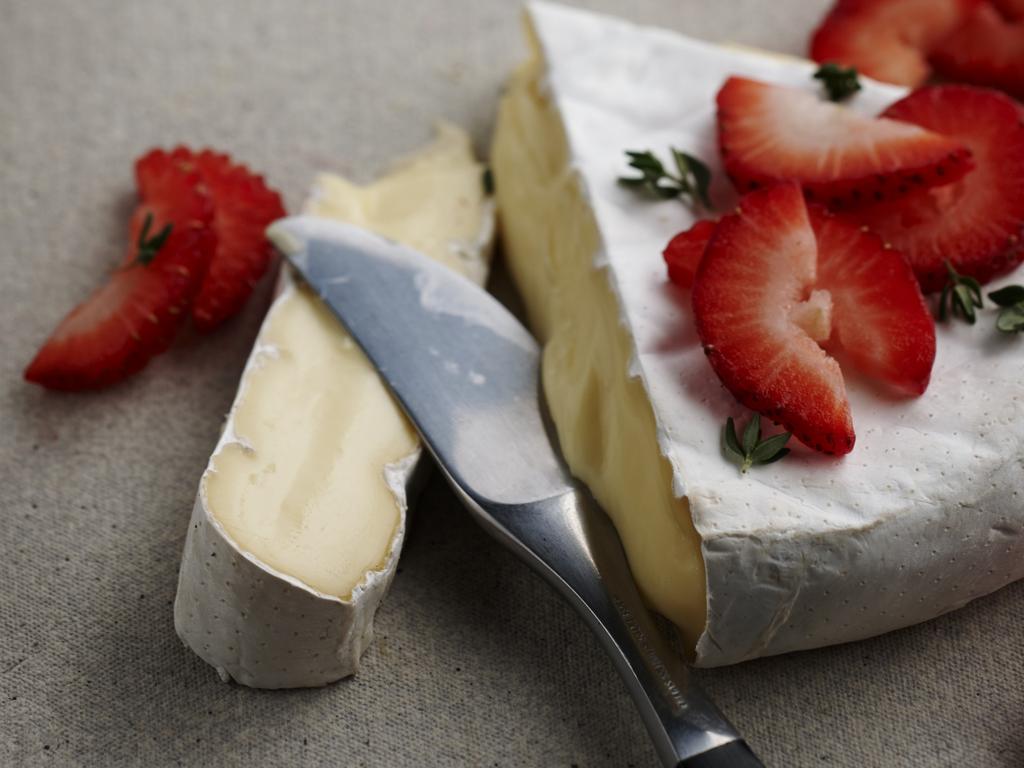Warning issued over common food mistake among pregnant women
A number of popular food items can lead to serious illness and even death in one particularly vulnerable group of people, prompting an expert to issue a warning.

An expert has issued a sobering warning on the dangers of eating a range of every day foods which could seriously threaten the health of expectant mothers.
UNSW food safety expert Associate Professor Julian Cox said there’s a number of common food items that can cause listeria among pregnant women.
Listeria is a foodborne bacterial pathogen that can cause severe illness and even death in pregnant women and their unborn babies. Complications can include miscarriage and meningitis in the foetus.
In 2018, six people died in NSW alone from eating rockmelon laced with listeria.
Soft cheeses, unpasteurised dairy products, deli meats or packaged ready-to-eat meats and refrigerated meat spreads like pate should also be avoided, according to Prof Cox.
Also on the ‘no-go’ list is chilled seafood, pre-packed salads and fruits, especially rockmelon, unpasteurised fruit juices, raw seed sprouts, and soft-serve ice cream.
A listeria infection can also be very serious for people aged 65 years and over and immunocompromised people.
Prof Cox said sometimes a pregnant woman can be asymptomatic – showing no signs or symptoms of a listeria infection – but damage to her unborn child can still happen.
“We see cases where the infection has caused meningitis in the foetus, miscarriage and even stillbirth, as well as listeriosis in the neonate,” he said.

Listeria is an incredibly resilient pathogen that can even grow under refrigeration, unlike other food-borne pathogens such as salmonella, Professor Cox said.
“Given the ability of listeria to grow under refrigeration, and this can occur during retail storage, attention should also be paid to use-by dates,” he said.
“A short shelf-life ‘bargain’ may give more than you bargained for.”
Safer options include hard cheeses as opposed to soft cheeses, and pasteurised milk instead of unpasteurised dairy products, Professor Cox said.

Prof Cox implored pregnant women to listen to experts rather than “mummy bloggers” and “social media” when it comes to health advice.
“It can be difficult to navigate between scientifically accurate advice and advice passed down from, say, older relatives,” Prof Cox said.
“It’s really useful to seek advice from reputable organisations, or healthcare professionals.”
The greatest threat to an expectant mother’s health is foodborne listeria, according to Prof Cox, explaining: “We can’t be too careful when the potential outcome is so severe.”
“If a healthy adult becomes infected with listeria, the likely worst outcome is a bad case of ‘gastro’, that may last only a day or two.
“However, the risk for an expectant mother is much higher.”
Official health advice
Food safety guidelines can be a bit confusing across the different Australian states and territories.
Food Standards Australia New Zealand sets the national framework, however, each state and territory enforces its own food legislation.
The NSW Food Authority advises pregnant women that they can eat processed deli meats – including ham, salami and chicken – if it has been cooked to at least 75 degrees and eaten soon after.
Meanwhile, over in South Australia, the SA Women’s and Children’s Health Network recommends pregnant women never eat cold meats, regardless of how they are prepared and eaten.





